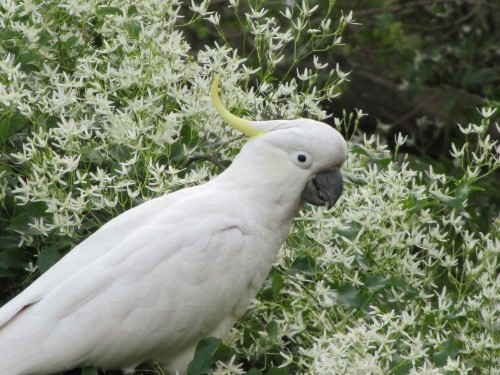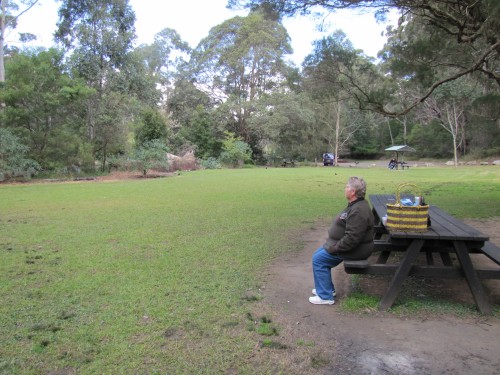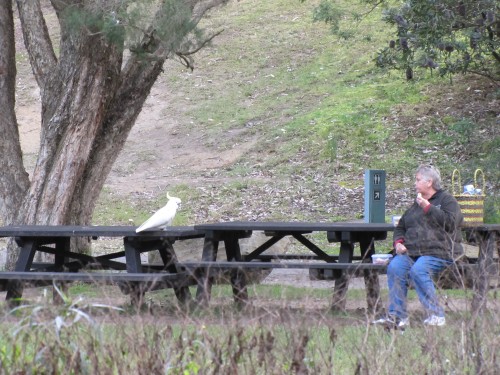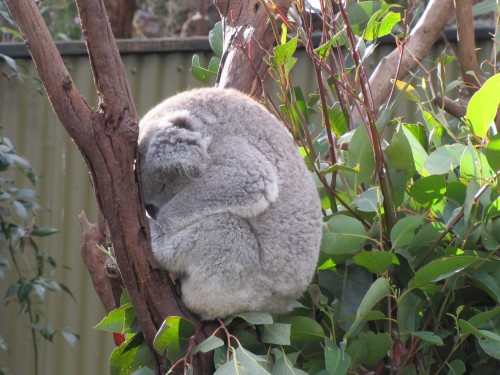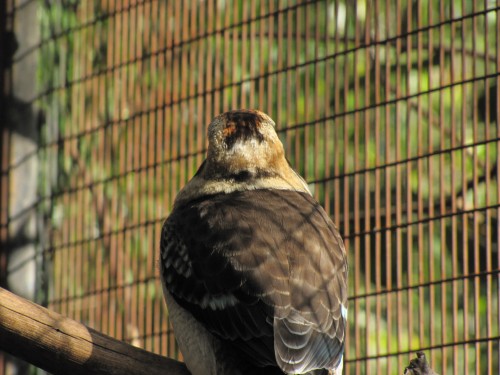Books about writing
Over the years I have read a growing number of books and articles about writing. I still have quite a pile to finish; some I haven’t even started. Funny thing is that the pile never seems to diminish. When I was doing my Master of Arts (creative writing) degree I devoured many quite wonderful books about writing. Here and there I picked up little gems of wisdom from great practitioners of the craft.
The key to success
Over the last decade I have also trolled the internet for that magic bullet, a priceless pearl of wisdom, or the key to open the door to success as a writer. I am still looking. I am slowly coming to realise that I should have looked in the dictionary first. Work – hard work – is the only real key to success.
That is not to play down the importance of reading about the craft of writing in books and on the internet. Much can be learned from these sources. Every now and then I come across a sentence, or a paragraph and even a whole chapter or article which makes an immediate impact. Putting that wisdom into practice is the hard part.
Lists, lists and more lists
One thing I have noticed about internet and blog articles in particular is the love of lists. It seems like hundreds, maybe even thousands, of writers are making lists. 10 ways to be a better writer. 7 sure ways of getting published. 9 methods of securing an agent. The ‘list’ could go on and on.
No; I am not going to write a list. (Confession: I have been known to – see here.)
Instead, I am going to reflect on a list I read a few days ago. The article is called Zadie Smith’s 10 rules of writing. I will comment on just a couple of them.
Avoid cliques, gangs, groups. The presence of a crowd won’t make your writing any better than it is.
I understand what the she is trying to say. Sometimes a group of fellow writers can muddy the water, and they will make suggestions which are not only not helpful, but are downright harmful. An example occurred with one of degree supervisors; she didn’t understand the climate of the country where my novel was set. Generally however, I find that belonging to a writers’ group can be very beneficial. Many of my reasons are included in articles here and here and here and here.
Work on a computer that is disconnected from the internet.
Guilty as charged.
I spend – often it is waste – too much time checking and reading my email, Facebook updates and Twitter feeds. I guess I should regard that wasted time as lost income from writing.
Protect the time and space in which you write. Keep everybody away from it, even the people who are most important to you.
Dealing with this one is far more difficult for me. While my wife encourages me by giving me the time and space to write, most other people regard me as retired. Sure, 10 years ago I retired from classroom teaching. Now I try to be a full time writer. That has been very difficult over the last few years when my wife was caring full time for her mother and left me to deal with the housework. We were also without a pastor at church, so I was spending 10 – 15 hours or more running the church. Both of those situations have now changed, so I am without excuse.
Further reading:
- Join a writers’ group
- Another benefit of joining a writers’ group
- Fun at my writers’ group
- The importance of a writers’ group
The photo below has nothing to do with this article. I just think it’s a lovely flower.

